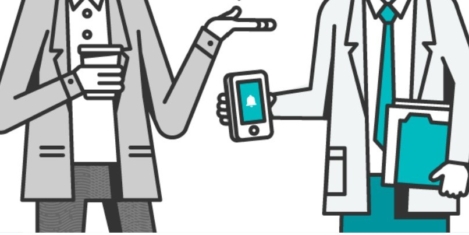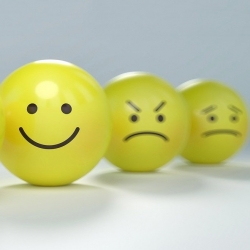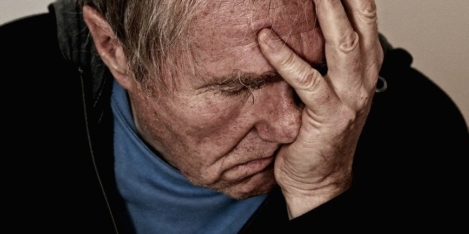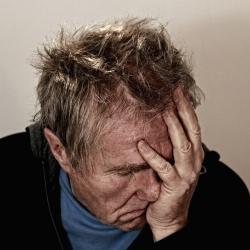To provide the best experiences, we use technologies like cookies to store and/or access device information. Consenting to these technologies will allow us to process data such as browsing behaviour or unique IDs on this site. Not consenting or withdrawing consent, may adversely affect certain features and functions.
The technical storage or access is strictly necessary for the legitimate purpose of enabling the use of a specific service explicitly requested by the subscriber or user, or for the sole purpose of carrying out the transmission of a communication over an electronic communications network.
The technical storage or access is necessary for the legitimate purpose of storing preferences that are not requested by the subscriber or user.
The technical storage or access that is used exclusively for statistical purposes.
The technical storage or access that is used exclusively for anonymous statistical purposes. Without a subpoena, voluntary compliance on the part of your Internet Service Provider, or additional records from a third party, information stored or retrieved for this purpose alone cannot usually be used to identify you.
The technical storage or access is required to create user profiles to send advertising, or to track the user on a website or across several websites for similar marketing purposes.
 It may not always be evident to those working in logistics, but burnout doesn’t exist solely in supply chain recruitment – it’s a recognised condition which is having an impact across all industries and sectors. According to the Labour Force Survey, the UK lost 15.4 million working days in 2017/18 to work-related stress, depression or anxiety, with 239,000 new cases reported. Increasingly, severe cases are being recognised as ‘burnout’. (more…)
It may not always be evident to those working in logistics, but burnout doesn’t exist solely in supply chain recruitment – it’s a recognised condition which is having an impact across all industries and sectors. According to the Labour Force Survey, the UK lost 15.4 million working days in 2017/18 to work-related stress, depression or anxiety, with 239,000 new cases reported. Increasingly, severe cases are being recognised as ‘burnout’. (more…)











 Four in 10 workers around the world are concerned about their health but don’t want to go to the doctor, a new research report has claimed. Although 40% of workers said they are worried about their long-term health, the same number hadn’t had a health check in the last year and most have no idea about basic indicators such as what their cholesterol level or body fat is. Inflexible and long working hours are compounding the problem, the report by
Four in 10 workers around the world are concerned about their health but don’t want to go to the doctor, a new research report has claimed. Although 40% of workers said they are worried about their long-term health, the same number hadn’t had a health check in the last year and most have no idea about basic indicators such as what their cholesterol level or body fat is. Inflexible and long working hours are compounding the problem, the report by 
 Six in 10 people feel unable to express their true emotions in the workplace, new
Six in 10 people feel unable to express their true emotions in the workplace, new 
 One in six employees (17 percent) has been forced to take time out from their career due to stress or mental health pressures, a survey of 3,000 people has suggested. According to the research from
One in six employees (17 percent) has been forced to take time out from their career due to stress or mental health pressures, a survey of 3,000 people has suggested. According to the research from 
 A quarter of employees think challenging issues like workplace bullying and harassment are swept under the carpet in their organisation, a new report from the CIPD, the professional body for HR and people development, claims.
A quarter of employees think challenging issues like workplace bullying and harassment are swept under the carpet in their organisation, a new report from the CIPD, the professional body for HR and people development, claims. 
















January 29, 2020
Don`t believe what you read about wellbeing, except this
by Mark Eltringham • Comment, Wellbeing, Workplace, Workplace design